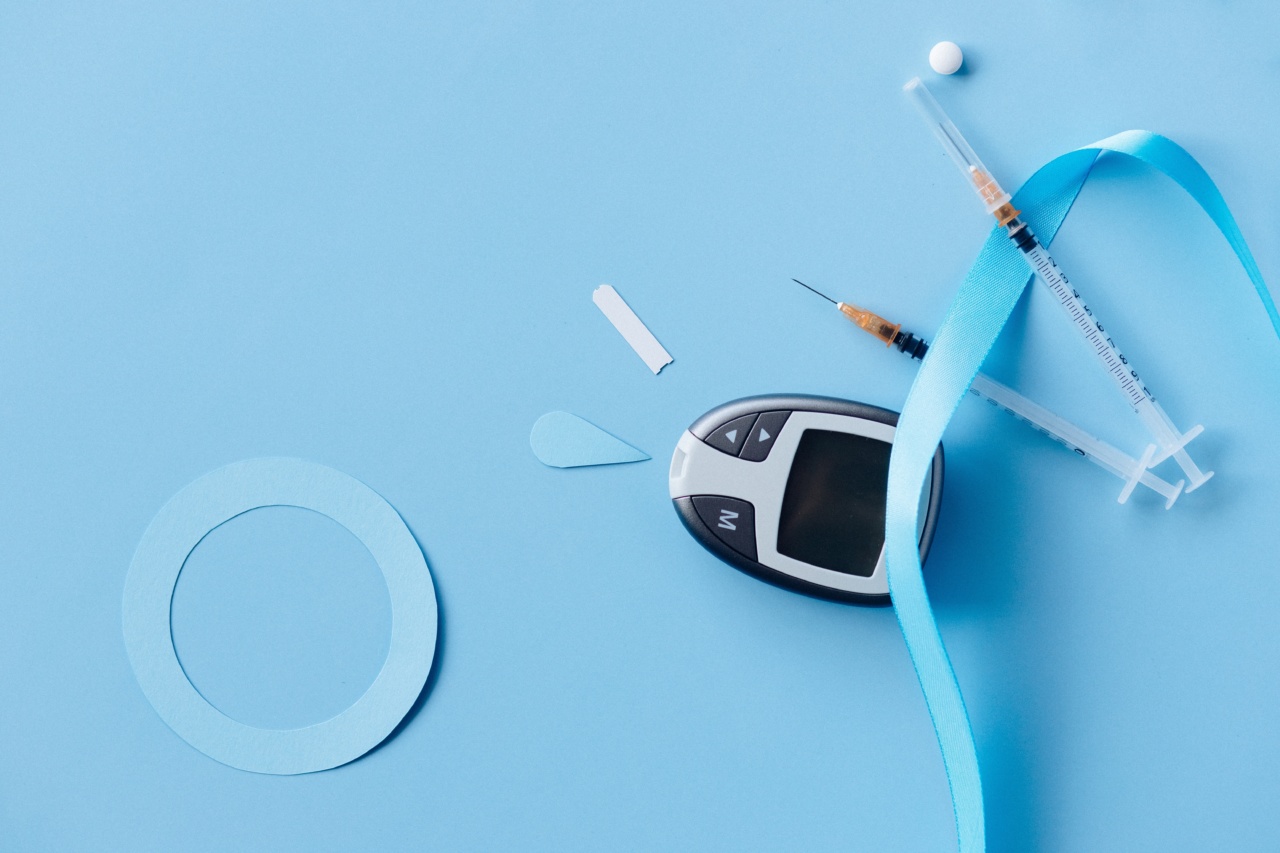Do you find yourself engaging in behaviors that you know are harmful or problematic, but you just can’t seem to stop? Are you consumed by thoughts or urges that interfere with your daily life? If so, you may have a compulsive disorder.
Compulsive disorders can take many forms, from gambling and shopping to substance abuse and obsessive cleaning or checking. These disorders can be incredibly disruptive to a person’s life and can lead to significant distress and impairment.
If you’re concerned that your compulsive behavior may be out of control, take the test below to learn more about your symptoms and potential treatment options.
The Compulsive Behavior Test
Answer the following questions honestly and to the best of your ability:.
1. Do you often engage in behaviors that you know are harmful or problematic?
a) Yes, on a regular basis.
b) Occasionally.
c) No, not really.
2. Do you feel a strong urge or drive to engage in these behaviors?
a) Yes, all the time.
b) Sometimes.
c) No, not really.
3. When you try to stop the behavior, do you experience intense cravings or withdrawal symptoms?
a) Yes, on a regular basis.
b) Occasionally.
c) No, not really.
4. Has the behavior negatively affected your relationships, work, or other areas of your life?
a) Yes, significantly.
b) Somewhat.
c) No, not really.
5. Do you spend a lot of time thinking about the behavior, or planning when and how you will engage in it?
a) Yes, all the time.
b) Sometimes.
c) No, not really.
6. Have you tried to stop or cut back on the behavior, but been unsuccessful?
a) Yes, multiple times.
b) Once or twice.
c) No, never.
7. Do you feel ashamed or guilty about the behavior, but continue to engage in it anyway?
a) Yes, all the time.
b) Sometimes.
c) No, not really.
8. Do you experience anxiety or other negative emotions when you are unable to engage in the behavior?
a) Yes, on a regular basis.
b) Occasionally.
c) No, not really.
9. Have you ever sought help or treatment for the behavior?
a) Yes, and it has helped.
b) Yes, but it wasn’t effective.
c) No, I haven’t sought help.
10. Do you feel like the behavior is beyond your control?
a) Yes, completely.
b) Somewhat.
c) No, I feel like I have some control.
Scoring Your Test
For questions 1-4 and 8, give yourself one point for every “a” response, half a point for every “b” response, and zero points for every “c” response.
For questions 5, 6, 7, 9, and 10, give yourself one point for every “a” response, zero points for every “b” response, and half a point for every “c” response. Add up your total score and refer to the scale below:.
0-2 points: Your behavior is likely not compulsive and is not significantly impacting your life.
3-5 points: Your behavior may be developing into a compulsive disorder. It is recommended that you seek professional help to prevent further escalation.
6-8 points: Your behavior is likely a compulsive disorder and is significantly impacting your life. You should seek professional help as soon as possible to begin treatment.
9-10 points: Your behavior is very likely a compulsive disorder and is significantly impacting your life. It is important that you seek professional help immediately to begin treatment.
Compulsive Disorder Treatment Options
If you scored above a certain threshold on the test and are concerned that your behavior may be out of control, there are several treatment options available to you.
Cognitive Behavioral Therapy (CBT)
CBT is a form of talk therapy that is often used to treat compulsive disorders. This therapy is focused on changing the negative thought patterns and behaviors that contribute to your compulsive behavior.
A trained therapist will work with you to identify the triggers and underlying causes of your behavior, and help you develop coping strategies to manage your urges and cravings.
Medication
There are several types of medication that can be effective in treating compulsive disorders. Antidepressants and anti-anxiety medications can help to reduce the severity of symptoms and improve your overall mood and well-being.
Medication is often used in conjunction with therapy to provide the most effective treatment possible.
Self-Help Strategies
While professional treatment is often necessary to overcome compulsive disorders, there are several self-help strategies that can be effective in managing your symptoms. These include:.
- Avoiding triggers and situations that may lead to your compulsive behavior
- Engaging in regular exercise and other healthy activities to reduce stress and anxiety
- Practicing mindfulness and meditation to help control your impulses and urges
- Reaching out to friends, family, or support groups for encouragement and accountability
If you’re struggling with a compulsive disorder, it’s important to remember that help is available and recovery is possible. With the right treatment and support, you can overcome your compulsions and regain control of your life.





























